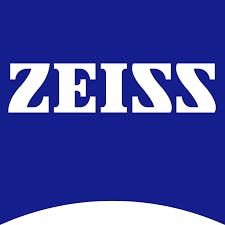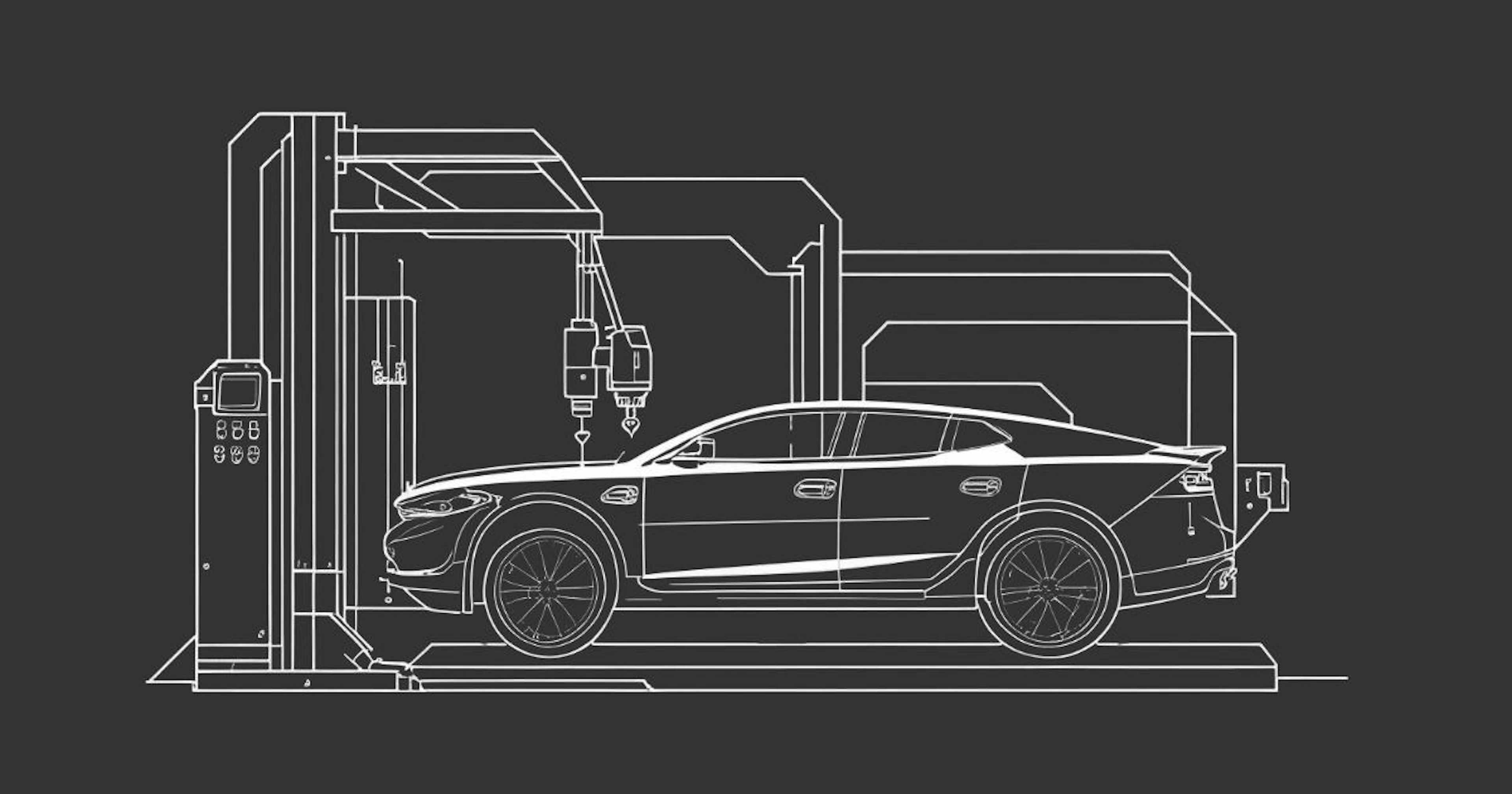Part of ZEISS Group, as a global leader in high-end optics and optoelectronics, Photonics & Optics as strategic business units combines among other ZEISS businesses for Hunters, Nature Observers, Photographers and Cinematographers. Consumer goods by ZEISS Photonics & Optics are known worldwide for precision and innovation.
At the same time, the businesses strive for sustainability across its product portfolio and along its end-to-end value chain – fully in line with ZEISS Group’s sustainability strategy.
The Challenge: Lack of Visibility Across a Complex Supply Chain
ZEISS Photonics & Optics wanted to capture its environmental impact and manage emissions across their supply chain with a clear goal: make decisions based on data, not assumptions.
But they faced several hurdles:
- The supply chain is made up of procurement volumes of varying complexity - from simple individual parts to complex assemblies and entire products.
- The value chain of a single product could involve 50+ suppliers, 200+ components and multiple locations adding value.
- Emissions needed to be considered both from upstream suppliers and own manufacturing sites
- Without a standardized, consistent method and tool that would be capable of managing this complexity, it was difficult to know where to start with the reduction journey.
After all, without visibility, meaningful environmental action is impossible.
The Approach: Turning Complexity Into Clarity with Carbmee
To solve this, Photonics & Optics partnered with Carbmee to establish a scalable, structured, and transparent way to measure and model their emissions, combining powerful software with expert guidance every step of the way.
Carbmee didn’t just provide a tool, they brought in expertise. From identifying data gaps to helping model emissions for highly specialized components, Carbmee supported their team throughout the journey with hands-on environmental engineering support and strategic guidance.
Key Actions:
- ERP-Driven Emissions Calculation: Thousands of purchase records for material, services, energy and other input factors were automatically translated into emissions data per transaction, per product SKU with the flexibility to refine manually where needed.
- Custom Component Modeling: For core components with high specificity like glass lenses, Carbmee helped create new emissions models tailored to their materials and supplier geographies. These models were designed to be intuitive so that procurement & engineering teams, even without deep carbon accounting or LCA expertise, could use and apply them with confidence.
- OEM-Level Footprinting for Purchased Products: Carbmee developed 12 foundational component models which were scaled and adapted to reflect the material composition and regional footprint of purchased products from ZEISS suppliers. This resulted in 90 cradle-to-gate PCFs for products ZEISS was buying, but not manufacturing in its own locations; empowering the company with new transparency over supplier emissions at scale.
- Built-In Supplier Collaboration: All models were designed to be shareable in Carbmee’s platform, making it easy for them to involve suppliers in improving data accuracy over time.
"Carbmee didn’t just provide a tool, they brought in expertise."
The Result: Actionable Insights, Real Impact
Throughout their collaboration with Carbmee, Zeiss Consumer Products unlocked clear, measurable results.
Carbmee Team with the help of its Environmental Intelligence System carbmee carbmee EIS™ unlocked 31% reduction potential in total Scope 3 emissions by focusing on two key levers: switching to renewable electricity for manufacturing and sustainable heat in the production process. This strategy tackles reduction starting at hotspot suppliers, where detailed modeling revealed significant opportunities for targeted reductions.
Additional opportunities for emission reduction on material level could be identified: namely, increasing the proportion of recycled alloys in total aluminum consumption as well as using composite material instead of pure metal alloys for structural components – which well resonates with current consumer priorities.
These results reflect not only emissions visibility but concrete, actionable strategies already in motion.
From Awareness to Action
ZEISS Photonics & Optics didn’t just want a report, they wanted a roadmap. With Carbmee, they moved from complexity to data clarity and impactful environmental action.
This spotlight is a clear example of how practical, data-driven work can unlock meaningful sustainability results even in the most complex supply chains.
The outcomes that the business achieved with Carbmee stand as a testament to what is possible with the right partner and technically sound platform.
"Working with Carbmee allowed us to move beyond theoretical targets and actually identify where we could make the biggest impact. By modeling emissions at the component and supplier level, we uncovered a significant reduction potential in Scope 3—focused on practical changes like renewable energy use and material substitutions that we could act on immediately."
What You Can Learn from ZEISS Photonics & Optics
The case proves that complex supply chains aren’t an excuse for inaction, they are the reason to act.
Many manufacturers face similar challenges: fragmented data, a mix of product structures, and limited visibility into supplier emissions. But waiting for perfect data or full supplier alignment delays meaningful progress.
Here’s what others can take away from this story:
- Start with what you have: You don’t need perfect data to begin. Zeiss Consumer Products used available ERP and procurement data to build a robust emissions model that drove insight.
- Make emissions understandable and actionable: By translating complexity into clear, comparable data (PCFs per product), they created internal alignment and supplier collaboration.
- Prioritize scalable methods: Custom models and spreadsheets won’t cut it. Photonics & Optics used scalable modeling techniques to build dynamic, reusable emissions models without depending on external consultants.
- Empower non-experts: With the right tools, teams in procurement, supply chain, and logistics can take ownership of decarbonization work without needing LCA expertise.
How Carbmee Supports Manufacturers on Their Journey
At Carbmee, we help manufacturers:
- Map out supply chain emissions fast using your ERP, purchasing, and supplier data
- Build scalable, supplier-ready models tailored to your products and components
- Identify practical reduction levers from material substitution to logistics changes
- Engage your internal teams and suppliers with intuitive tools, not complex spreadsheets
- Move from visibility to action supporting everything from baseline reporting to real impact
Whether you're just getting started or ready to scale your Scope 3 strategy, Carbmee can help you take the next step quickly, confidently, and collaboratively.






